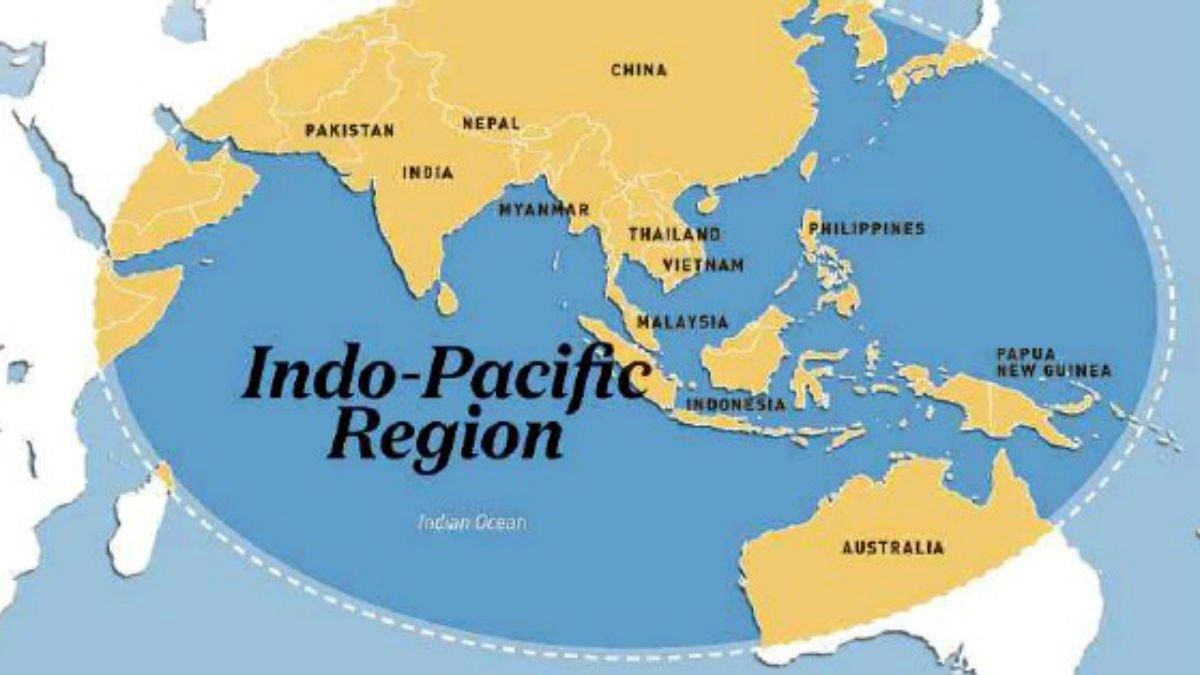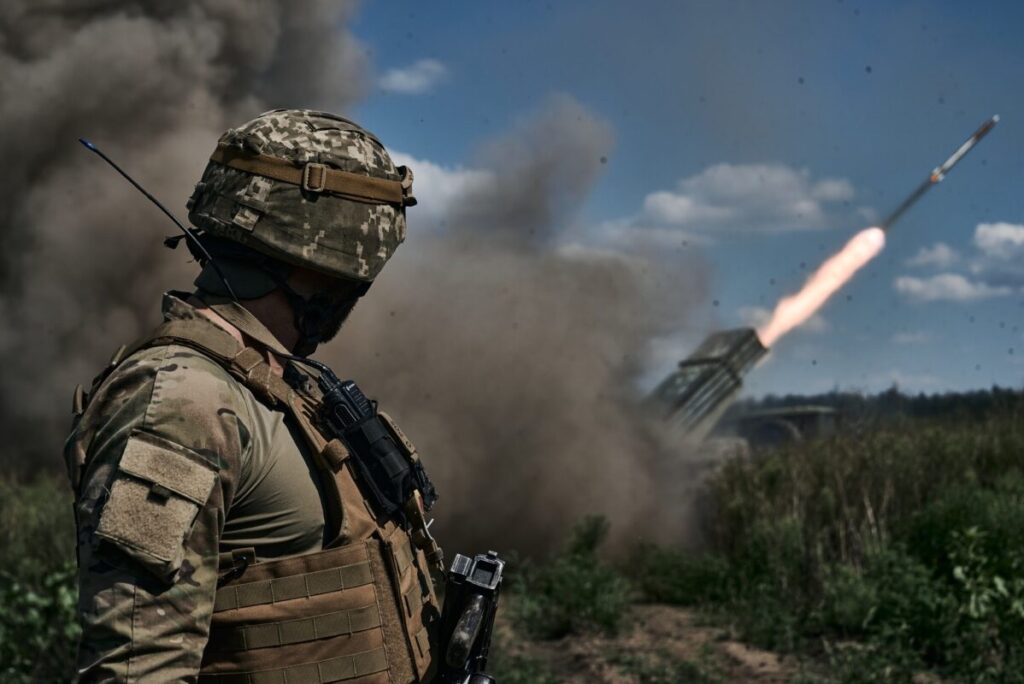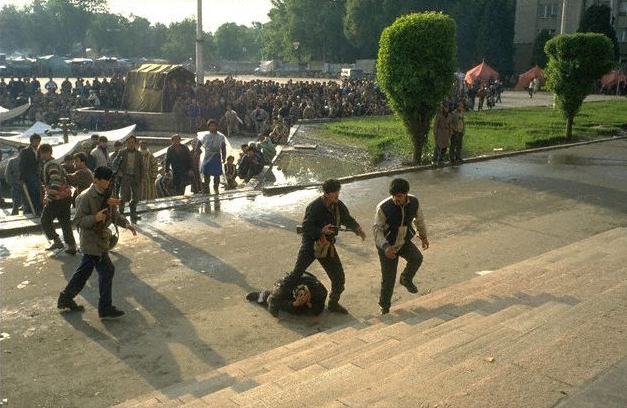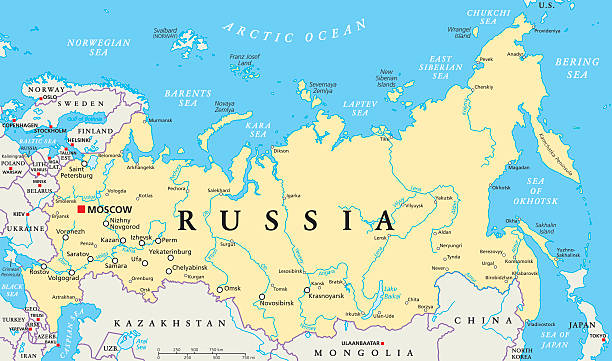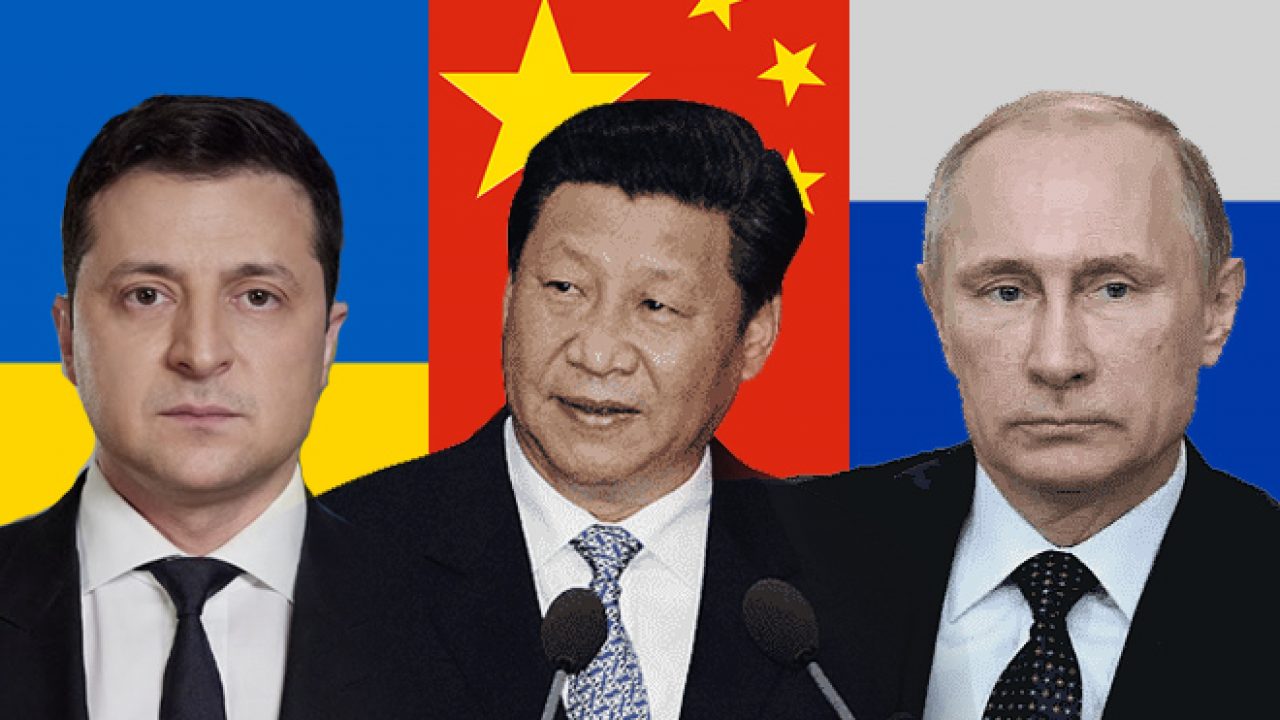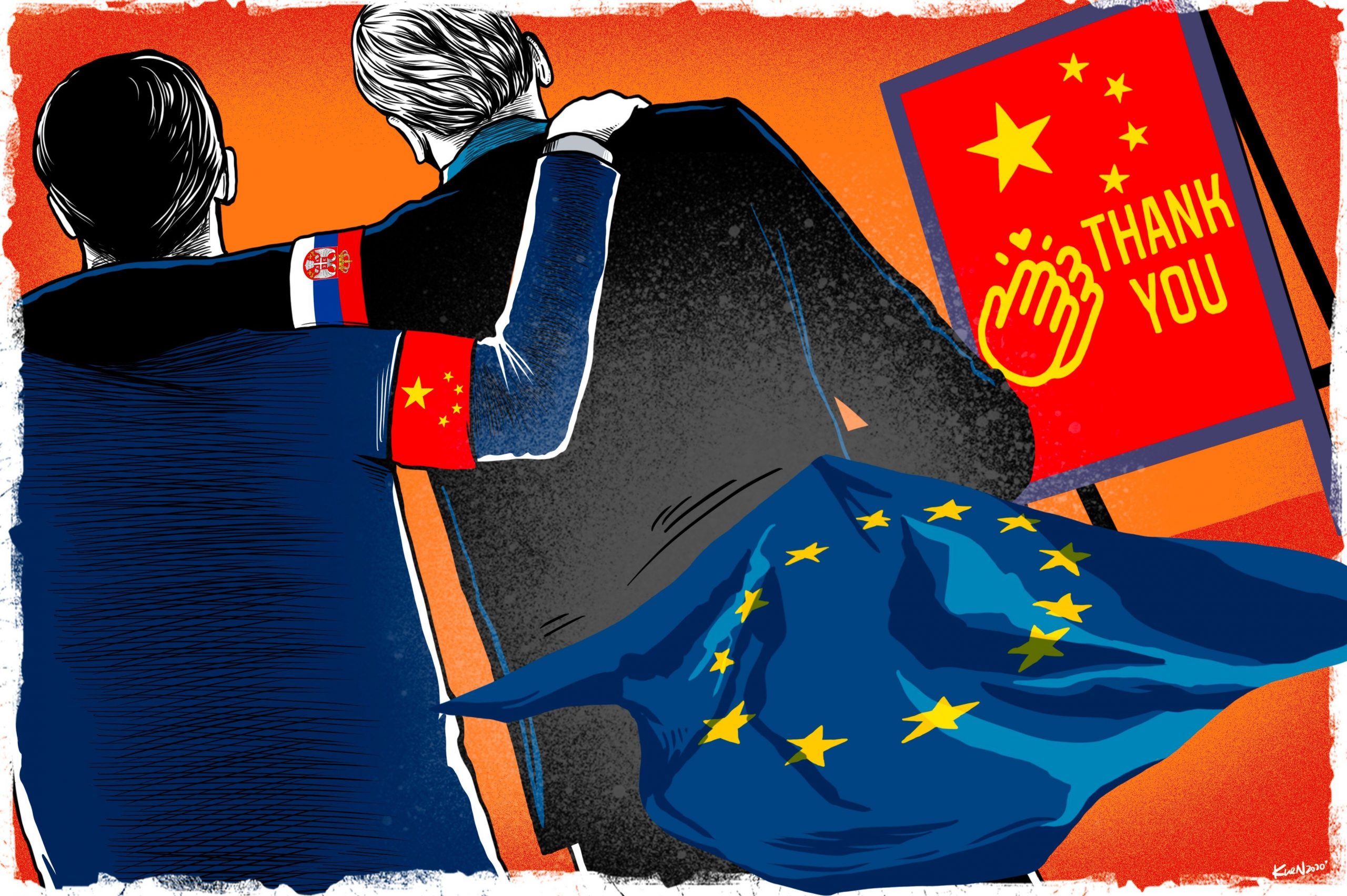India holds immense significance in the Indo-Pacific region due to various compelling reasons. Firstly, India’s geographical location places it at the crossroad of the Indo-Pacific, connecting both the Indian and the Pacific Oceans. With a coastline of over 7,500 kilometers and numerous strategically important ports, India possesses a natural advantage in maritime affairs. This has…Read More
